Why I don't recommend Seaspiracy.

This post first appeared in our weekly Make Waves Mondays email series on May 3, 2021.
Okay, friend. I know I’m a bit late to the party with this email, but I needed some time to process all of my thoughts about the Netflix doc Seaspiracy before I shared them publicly. Because, well, I have a lot of thoughts.
Several of you asked me immediately after its release for my thoughts, and even though I watched it the day after it was released, it’s taken me this long to finally feel ready to put everything into somewhat-coherent words.
So, let’s just dive right in, shall we?
Seaspiracy Overview
Let’s start at the beginning. If you haven’t heard of Seaspiracy or haven’t watched it, essentially it’s about a 20-something-year-old white dude that loves the ocean and suddenly has an epiphany that the ocean is in trouble. But he hasn’t heard of any of the problems until now, so he jumps on a plane on a whim and starts following people around to see first-hand what’s happening.
He starts in Japan, because according to the opening of the film, that’s where all the problems are. Then he hops on another plane, and another, and another, constantly reminding us how his life is in danger and how he’s doing really important work and no one else is talking about these things (lol). Oh and btdubs, did you know his life is in danger?
He interviews a bunch of white people, attacks ocean nonprofits (except Sea Shepherd. Sea Shepherd is A-OK.), and ultimately tells us that the only way to save the oceans is for everyone to go vegan. Like, yesterday.
Okay, that’s the gist of the film. Now let’s break down what he actually says and does.
A little disclaimer...
I approach every documentary with a shitton of skepticism. I mean, the entire point of a documentary is to push a certain agenda, right? With Seaspiracy, I came into it with even more skepticism than usual. The film was produced by the same people behind Cowspiracy (so if you were wondering why the heck they didn’t call it Conspirasea, there ya go), which I had a ton of issues with. I did my absolute very best to keep an open mind, but, as you’ll see why in a moment, there were a lot of issues with this one, too. So...biased? Maybe. But that’s the point - both from a production standpoint and a viewer standpoint. Moving on.
First 20 Minutes: I have whiplash.
Seaspiracy opens with our 20-something white dude savior telling us all about his love for the ocean. How he grew up going to marine parks, and that’s where he fell in love with the sea.
Then he learned about plastics. That’s a problem.
Hard left to Japan. Japan is to blame for the ocean’s issues. Their dolphin hunts are causing all of the problems, because of marine parks.
Huh?
Yes, suddenly, according to our leading bro, Japan is killing dolphins because marine parks need dolphins.
…But they’re dead now, so that makes no sense…
Oh, yes, right. Well, that doesn’t make sense. So, actually, you see, marine parks are still definitely to blame because for every one live dolphin they catch they’re killing 15.
What?
Yeah I guess that still doesn’t make sense. The reason marine parks are to blame is because Japanese fishermen believe that dolphins are their competition for sustenance fish and the cause of overfishing.
This doesn’t make sense, bro!
*shrug* Well, okay, marine parks are still to blame but boycotting them isn’t going to solve the problem. Let’s hop on another plane!
I watched this sequence countless times, and I still don’t understand it. So, if you’re confused by the summary, I’m equally as confused by the real thing.
Side note about marine parks
SeaWorld has a dark history. So do zoos. So does...basically...everything. But to clarify, as someone that worked in the zoo world, these parks aren’t going out in the wild and scooping up animals to put in a cage on display anymore. They’re highly regulated, with incredibly strict and ever-evolving animal care and animal welfare standards. Individual animal genetics are monitored and breeding is controlled to ensure long-term species survival without inbreeding or harming the animal. It’s a topic for another day, but I just wanted to clear that up.
Tuna, Shark Fins, and More Asian Hate
After we’ve left the dolphin hunts in Japan, we head over to another port in Japan where they’re catching tuna.
Yes, tuna fishing is full of problems. They’re an apex predator and their populations are declining rapidly and they aren’t even close to the size they used to be because we killed off all the big ones and they aren’t growing to full size anymore. So we’ve got smaller populations and smaller, younger animals. Not a great recipe for sustainability. I’ll agree with that. But that’s not exclusive to Asia.
Another hard left to shark finning and shark fin soup. Now the problem is shark fin soup. So, yeah, let’s just keep blaming Asian countries, white bro.
This entire opening - and most of the film - does not sit well with me.
Hate crimes against Asian Americans and Pacific Islanders (AAPI) rose by 150% in 2020.
The Atlanta spa shootings occurred on March 16, 2021.
Seaspiracy was released on March 24, with nearly a complete focus on blaming Asian countries.
I don’t go to Twitter often, usually only when I’m looking for specific info. And after watching this film, I got on Twitter to see what people were saying. There was literally a tweet that said “F*** Asia,” specifically in response to this documentary.
This is not okay. At all.
These are global, complex systems.
Oh yeah, and by the way, an hour later, our 20-something white dude heads to Denmark to film another whale hunt. But don’t worry - this one’s more acceptable, because that’s just what they do in Denmark.
NO. Just no. My gawd the blatant racism is disturbing on so many levels.
One tweet in particular summed this up perfectly.
“The Asians are villains, the browns are victims, and all the people who get speaking roles are white. #decolonizestem”

Empty Oceans, Bad Data, and News Headlines
Eventually our bro shifts to overfishing and bycatch. Which are, yes, problems. This is where I can start to get on board, kind of.
But the facts that he spews just aren’t accurate. In particular, he claims that we will completely run out of fish by 2048. There was one scientific paper that misconstrued some info in its press release and the media ran with it. It’s been debunked dozens of times, including by the original authors.
If you want to learn more about the science of Seaspiracy and what the numbers actually represent, University of Washington’s Sustainable Fisheries team has an entire guide breaking it down point-by-point. Definitely worth a read.
Our leading white dude also tells us all throughout the film that “no one is talking about this!” “Why is no one talking about this?!” “This is a problem, why haven’t I heard about this?!”
He says all of these things while simultaneously showing us news headlines of all of these things.
Now. Having said that.
I recognize that not everyone is tuned into ocean conservation news, and especially not all the time. And sometimes I forget that these aren’t topics that everyone learns in college like I did. Overfishing, ocean trawling, climate change, ocean acidification, shark fishing, whaling - all of these things were part of my core curriculum.
So, like, not much in this doc was shocking to me. It’s all out there in the news already.
So for a 20-something white British dude to make the claim no one is talking about these things and then galavant the world blaming other countries and whittling down MASSIVE, intersectional, global, complex issues into one simple idea - that everyone should go vegan - is privilege at best.
At worst, it’s racist, promoting racism and white privilege, spreading harmful ideologies and creating even further distrust in the scientific community (and scientific process) than we already have.
Do your research, dude.
Oh yeah and something about Ebola and the BP oil spill actually being good for wildlife…?
Marine Protected Areas Aren’t the End-All Solution, Either
There’s a lot that goes into this one, but one of the papers I’m most proud of from my Master’s program was all about marine protected areas, or MPAs.
Essentially, the premise of the paper is that there’s not a ton of data on MPAs yet. Most of the data are models, not actual results. And they all show something different.
The thing that stuck with me most from this research is that for an MPA to be as effective as they are made out to be, there needs to be a complete ban on any fishing activity in the protected area. Which, on the surface, makes sense, right?
But when we look at where these MPAs are located, or proposed to be located, they’re in regions that are dependent upon seafood for their livelihood and sustenance.
While in the long term, an MPA could improve fish stocks to the point of having a “spillover effect,” - essentially so many fish are in the protected area that they start “spilling over” into the surrounding areas, making them available for fishing - MPAs have been associated with forcibly removing local communities from their traditional lands, losing access to their fishing waters, and having direct impacts on food security, health, livelihoods, culture, and more.
So, again, these are highly complex systems and we cannot boil them down to one or even a couple of solutions.
Death, Despair, Guilt
I actually really dislike most documentaries. I probably wouldn’t have even watched Seaspiracy if so many people hadn’t asked me about it.
And that’s because most documentaries focus on the shock factor. They want you to be shocked, dismayed, and angry. They want to guilt you into doing whatever their proposed solution to the problem is.
Seaspiracy took that to a whole new level.
When they couldn’t actually get footage of things (I’m holding back going into more detail than that because I’m still so disturbed by them), they went out of their way to create animations depicting horrific human rights traumas.
When they were on a shipping boat, they encountered a few local men in a canoe subsistence fishing. The men indicate that they are hungry, and instead of including these men and the local community in the documentary as part of the conversation, they portray them as victims and move on.
The end of the film makes the most smallest of attempts to give a little bit of motivation to the viewer. But it falls completely flat compared to the entire rest of the film.
I don’t like to do hard things. In fact, I regularly avoid them. Those closest to me call me on it regularly.
I don’t act out of guilt or shame. I act out of inspiration. Out of hope and belief that what I do matters, and a vision of what could be. I’m all about asking “what if…?”, imagining a big, beautiful, harmonious world, and acting on that.
But when I’ve been bombarded with death, despair, and overwhelming guilt trips for two hours - I’ll detach completely.
And the science behind behavior change says the same. I mean, just look at diet culture.
The Impact Beyond the Film
I’m in a Facebook group for zero waste shop owners. These are the people who are supposed to be encouraging their communities to have hope. To act. To imagine a world of what could be.
A few days after Seaspiracy was released, a member of the group posted “Hands up if you’ve watched Seaspiracy and are now sitting with your head in your hands wondering what to do next with your business?”
And the comments…..they’re heartbreaking. These same people who are supposed to be leading their communities and encouraging change were responding that they were feeling completely lost, that everything they’ve done is for nothing, and that people suck.
And what’s worse, in my opinion, are all of the people across the internet - including in that FB group - saying “Yup, this is why I’m vegan and have been. Time for the rest of you to get on board,” like that one change is more important than literally anything else, or doing anything else in tandem.
None of this is to say that I disagree with being vegan, vegetarian, or plant-based. In fact, I applaud anyone and everyone who has chosen to do so - always and every day. And if Seaspiracy encouraged you to go vegan, avoid seafood, or reduce your meat consumption - that’s great!
What I’m saying is that these are big issues. These are complex issues. These are issues that involve governments, corporations, communities, individuals, scientists, and activists.
3.3 billion people rely on seafood as their main source of protein.
Let’s be a little more intersectional, Seaspiracy. And for the love of god stop blaming Asia for the world’s problems. Okay?
If you’re interested in reading more about the dangers of Seaspiracy, here are a few more articles.
Don’t Watch Netflix’s Seaspiracy (Gizmodo)
Seaspiracy Harms More Than It Educates (Hakai Magazine)
The science of Seaspiracy (UW Sustainable Fisheries)
Seaspiracy: Netflix documentary accused of misrepresentation by participants (The Guardian)
Also this tweet by Christina Hicks - one of the few people of color interviewed in the film:

And this thread that basically covers my exact thought process watching the film.
Wanna check out the documentaries I DO recommend? Check out our full guide to some awesome eco-documentaries here 💙.


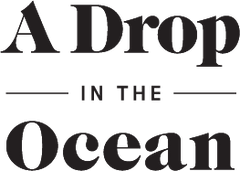


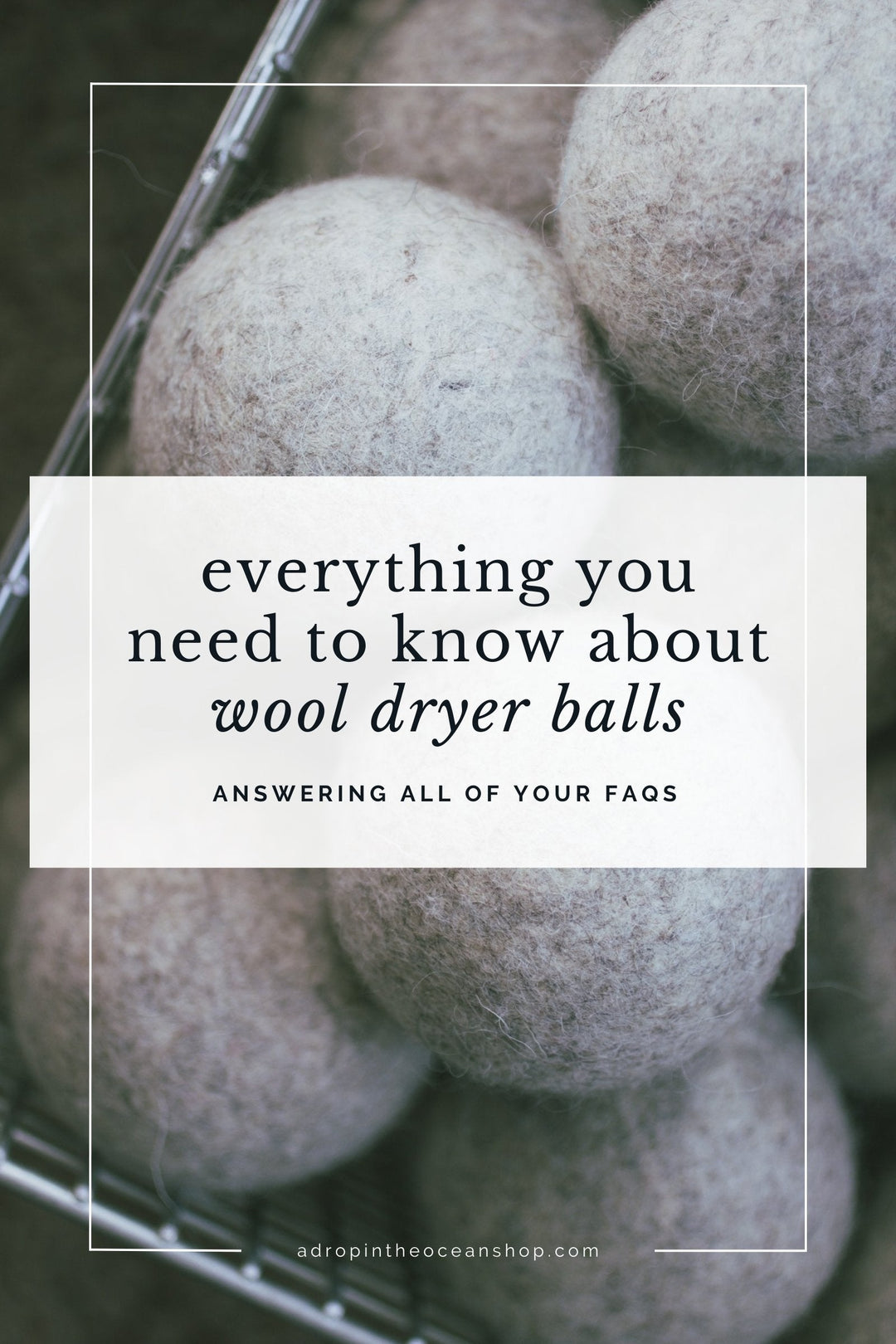
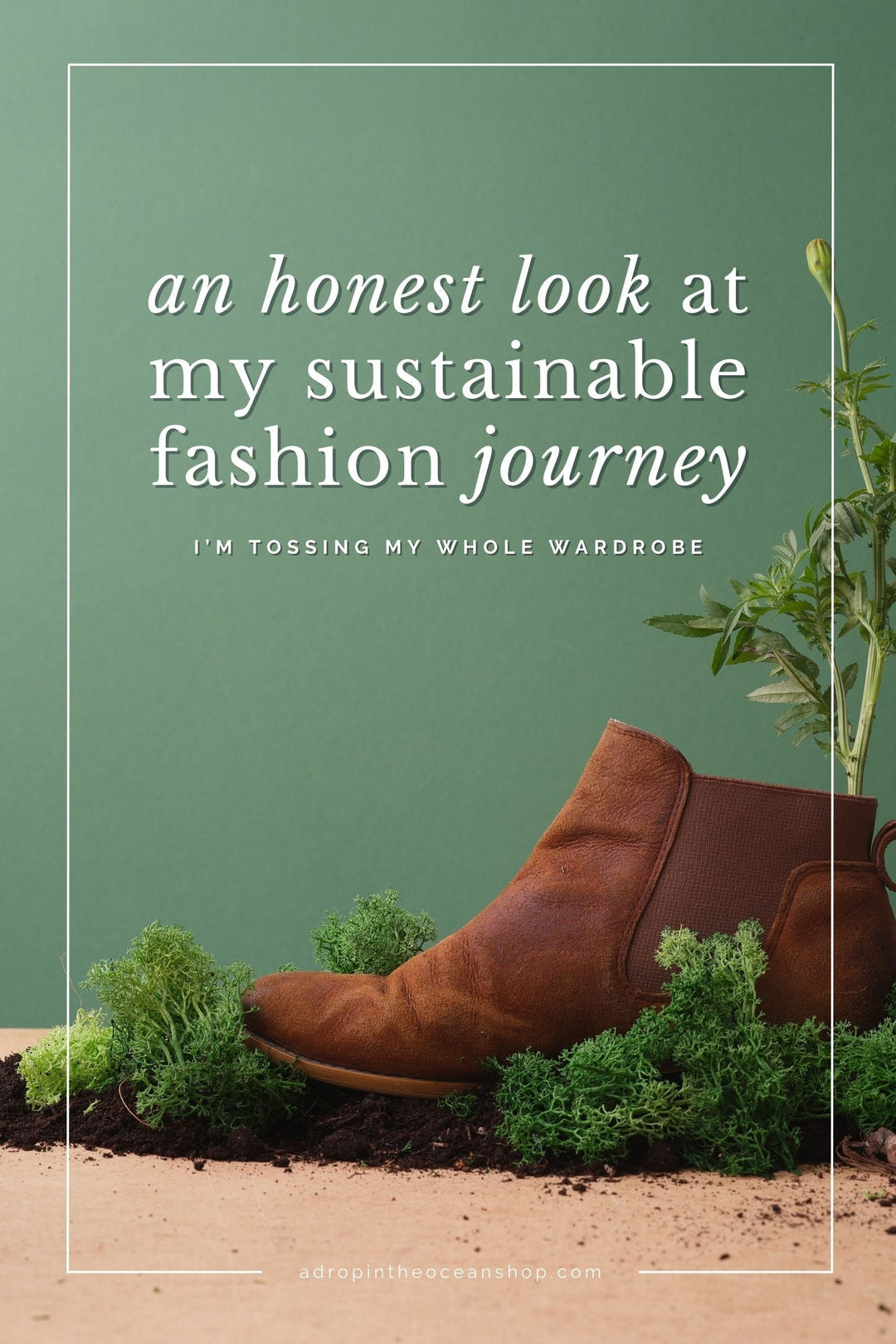
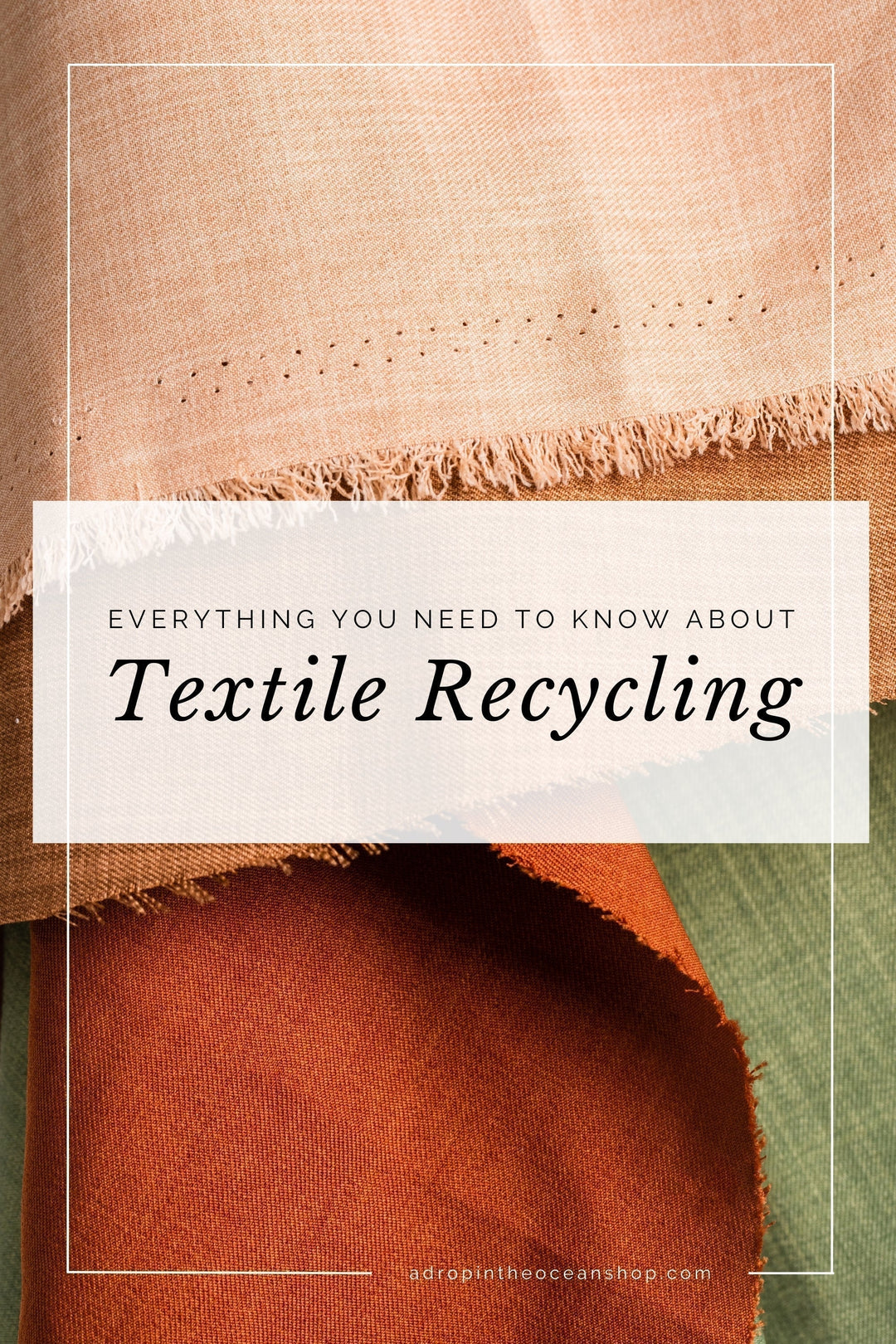
Hey!
I’ve watched the movie, Seaspiracy and I’ve read your comment about it. I have lots of thoughts and questions but one thing cought my attention in the first place: Why do you call the narrator racist when in fact he has no racist comments in the documentary but he keeps the narrative factual. Having watched the movie I know what I’m talking about.
Besides, you call him “white dude”. So excuse me, who’s the racist?
Leave a comment